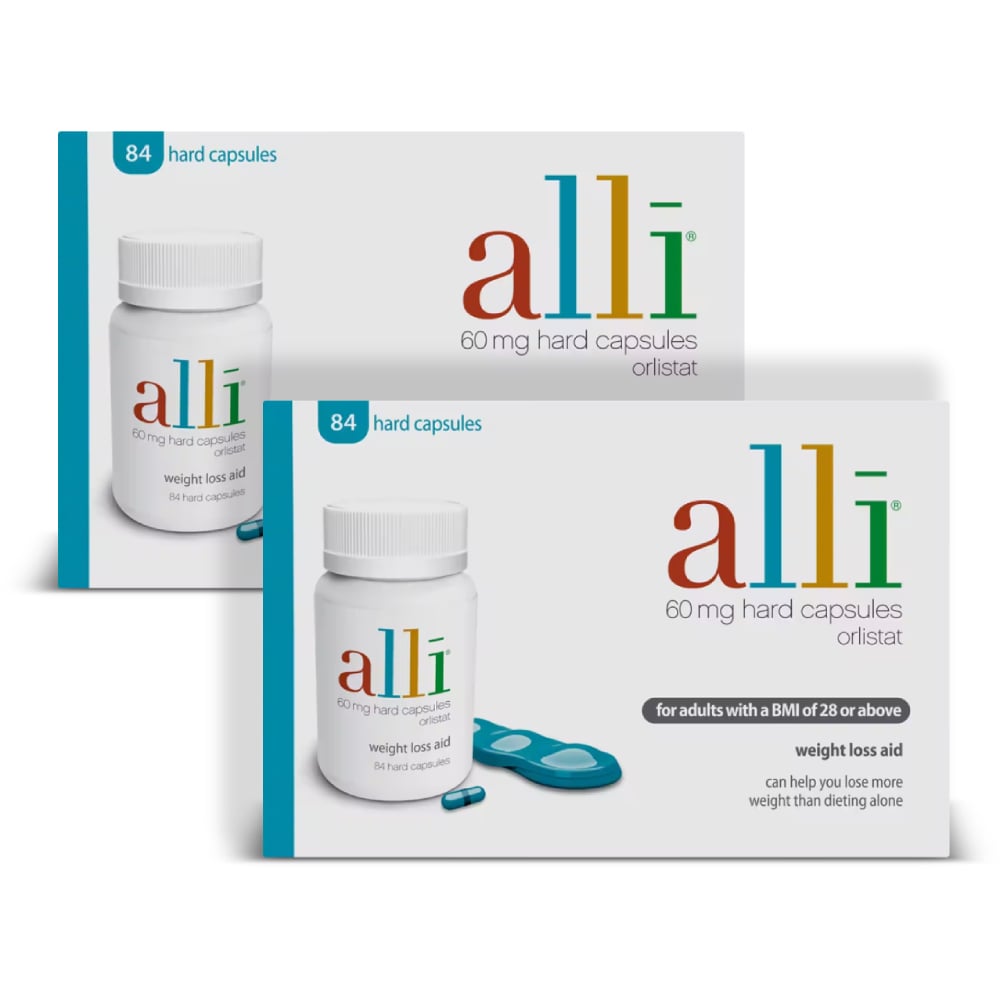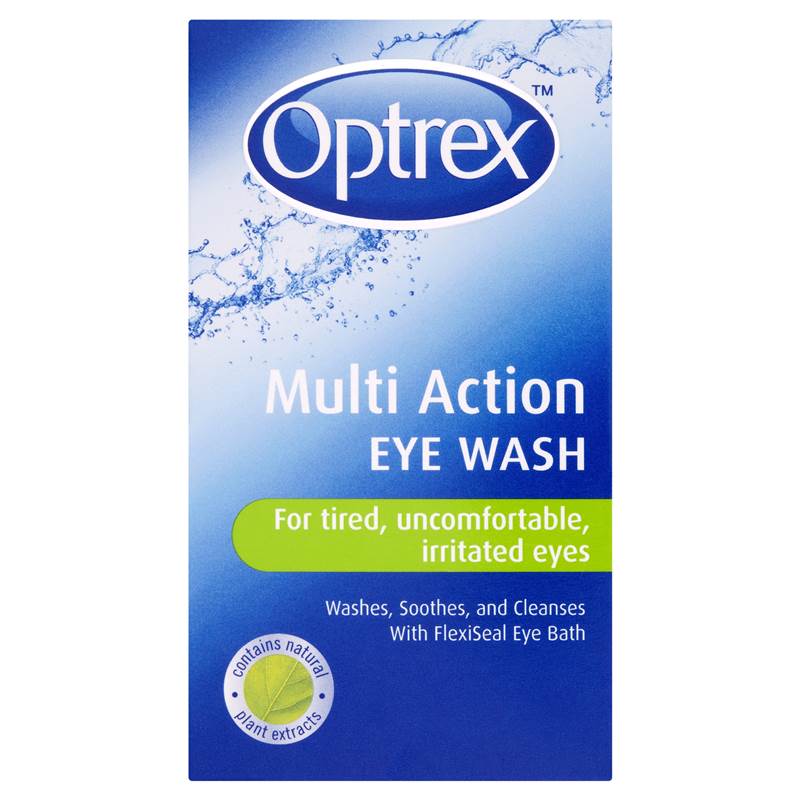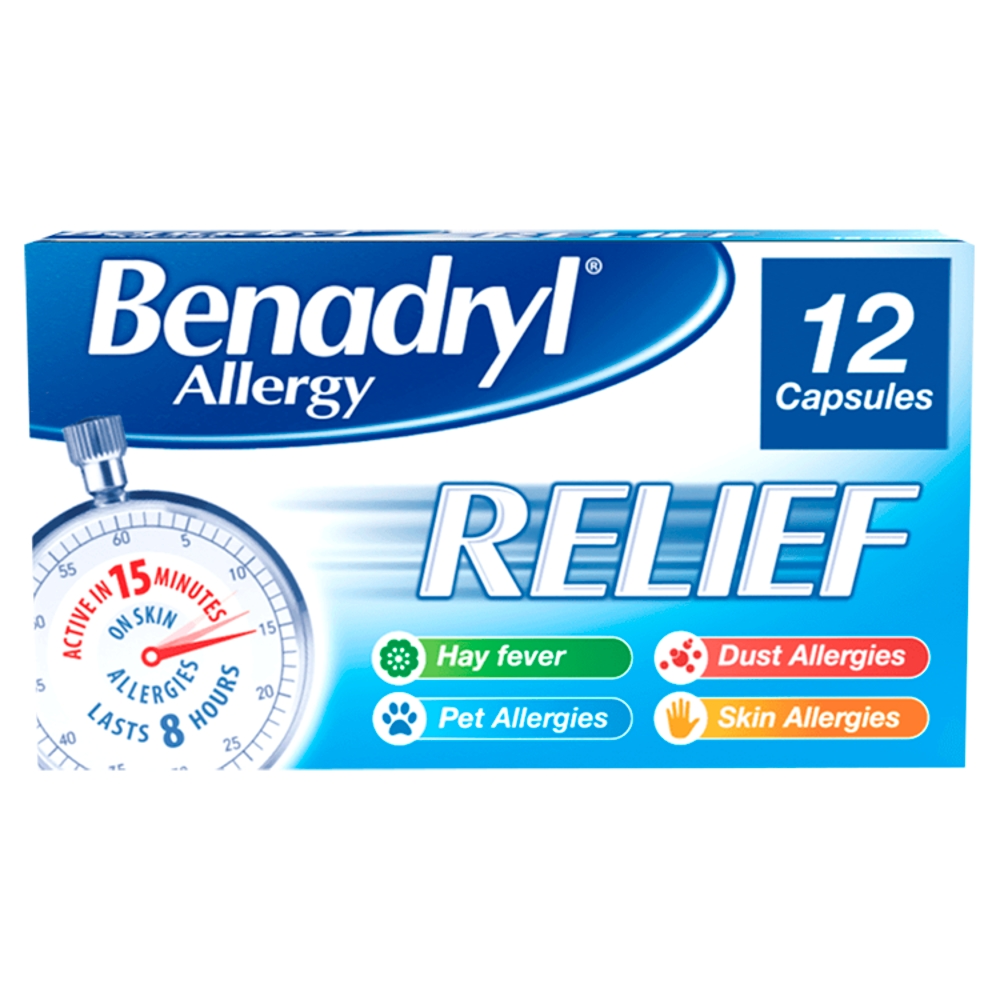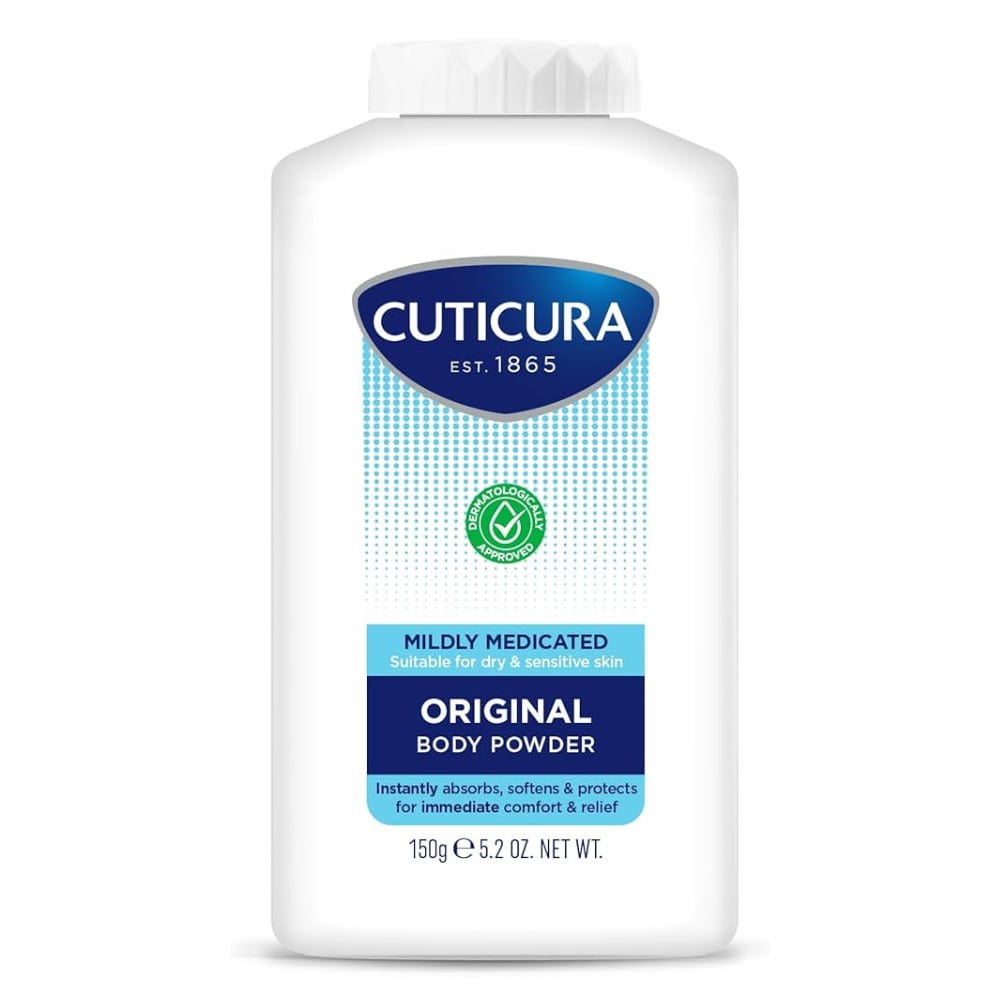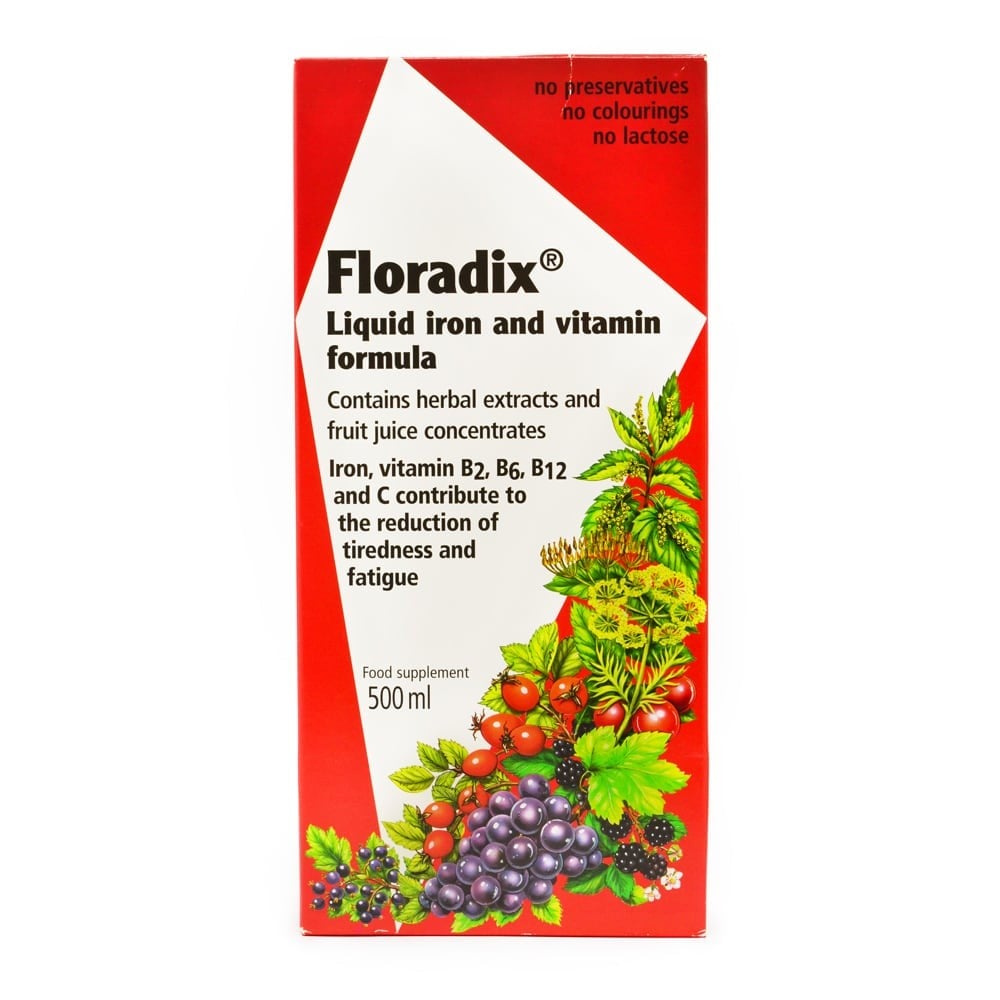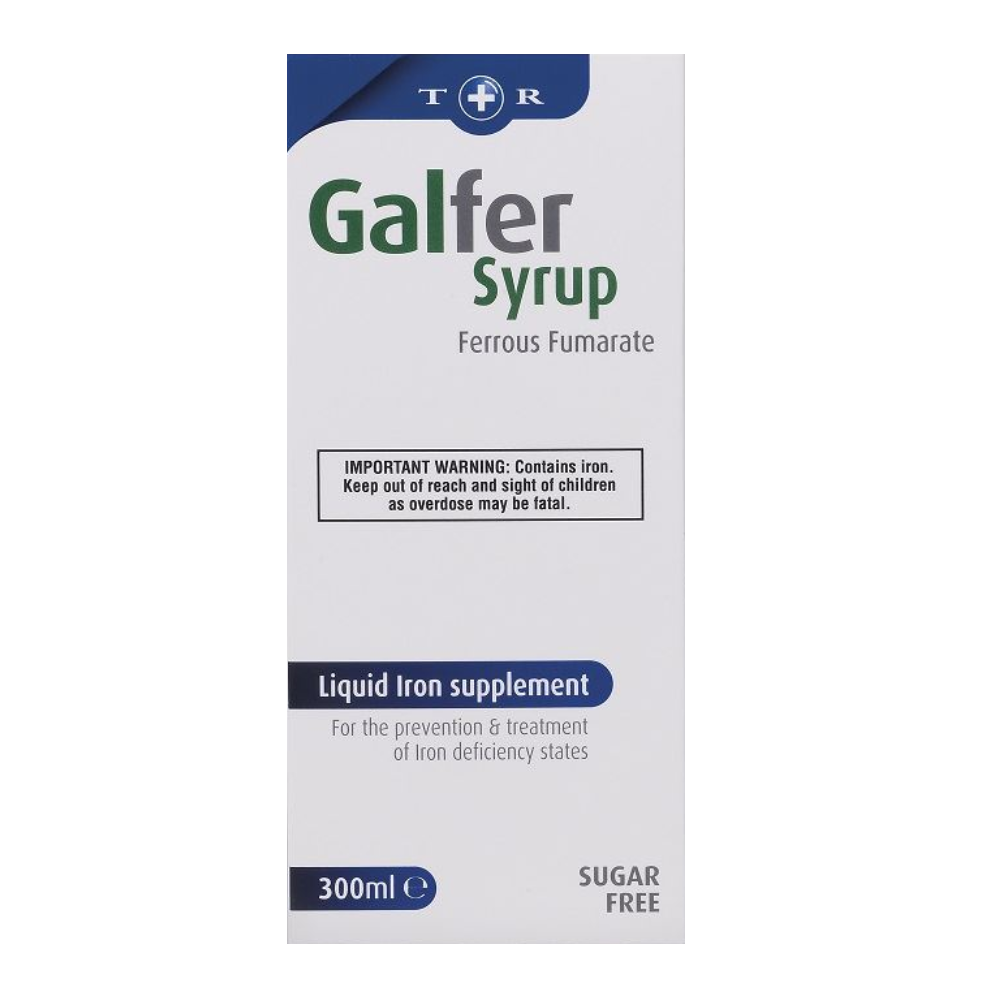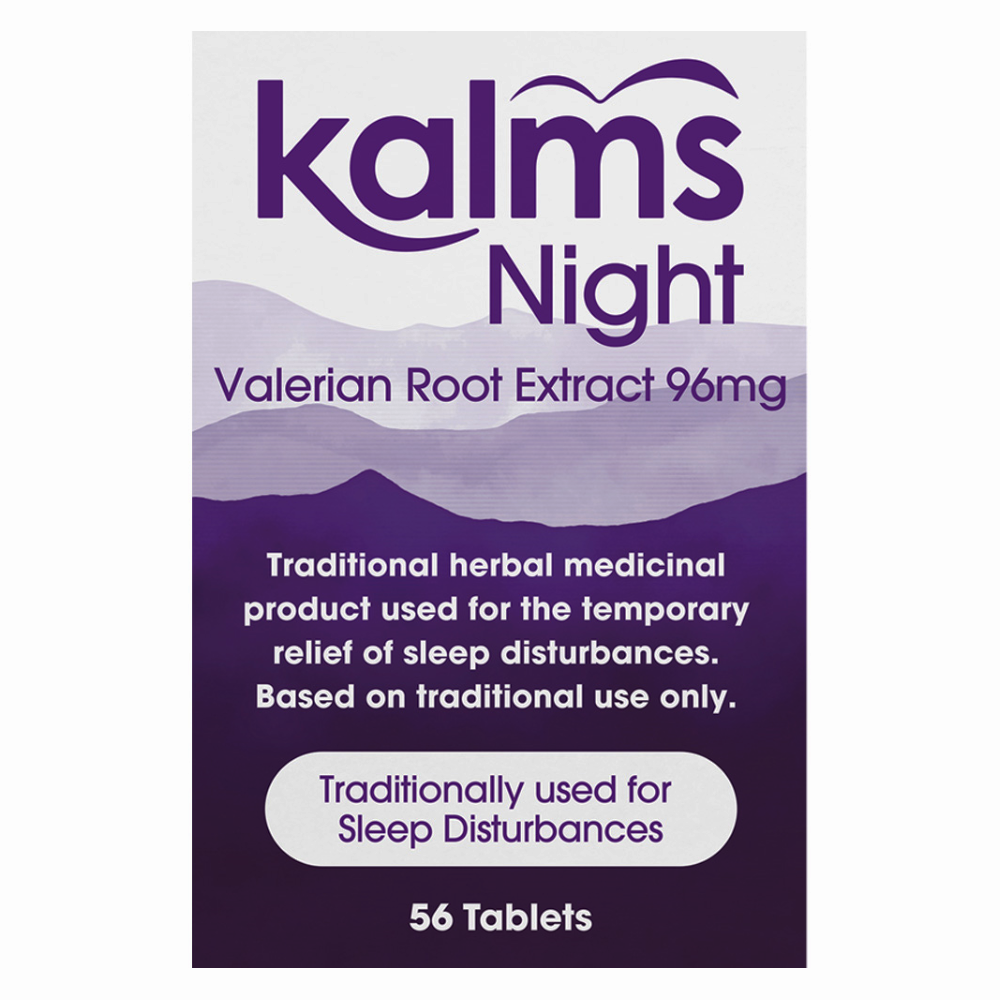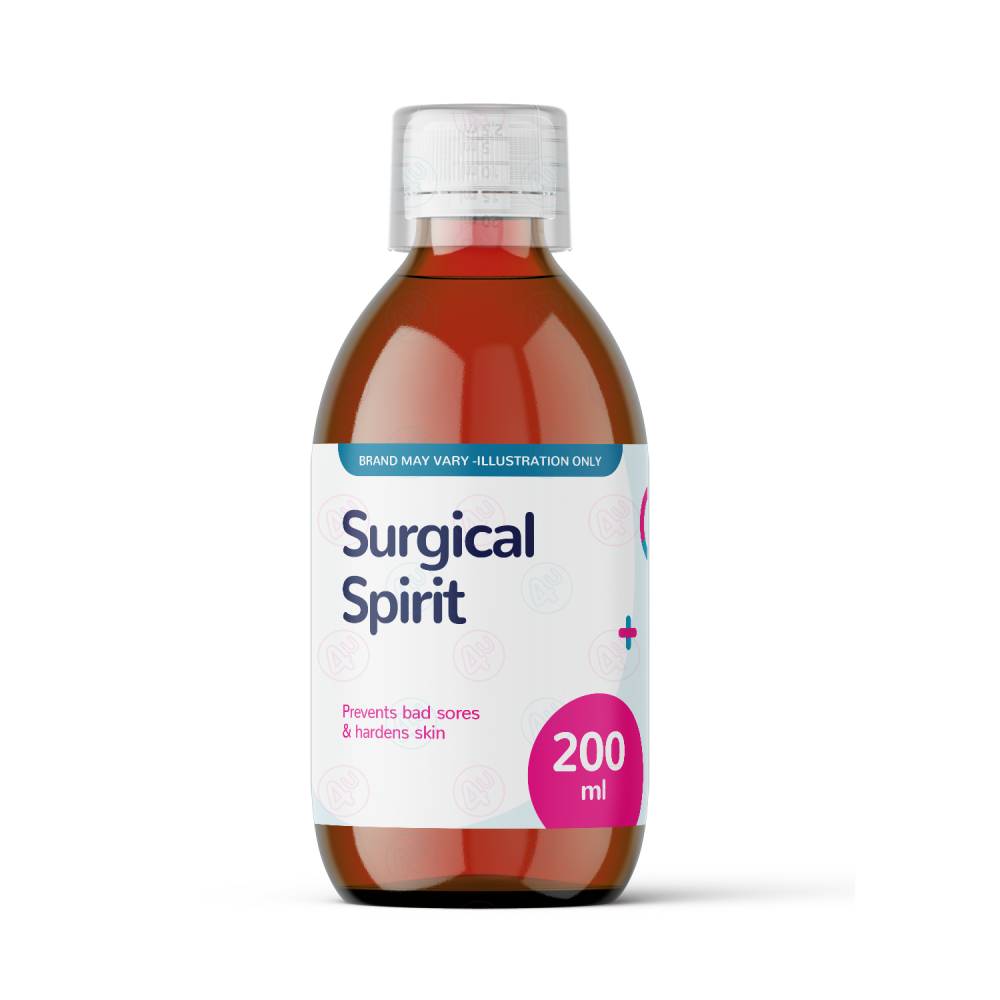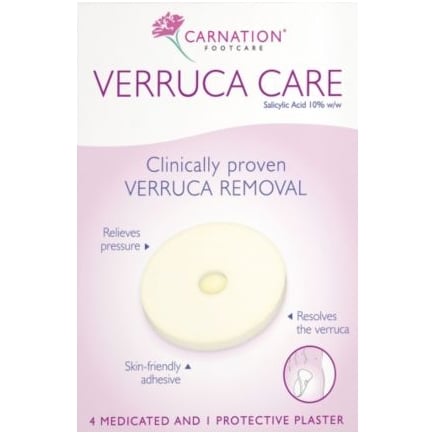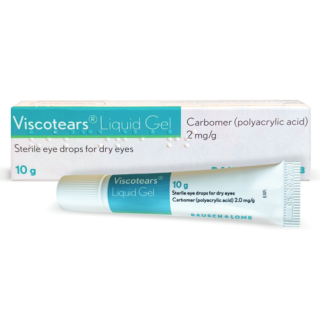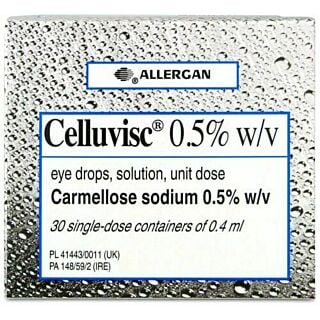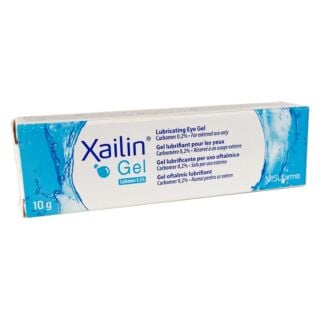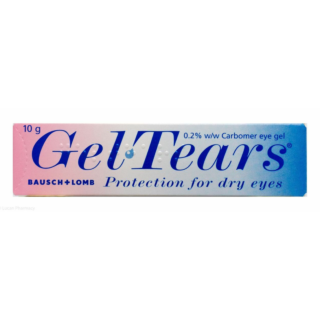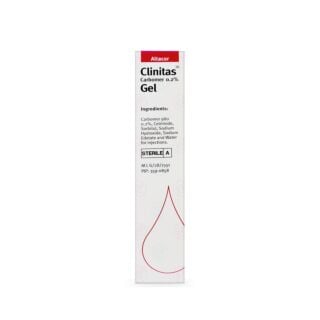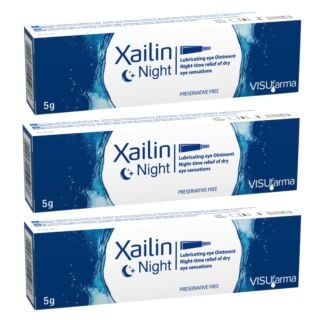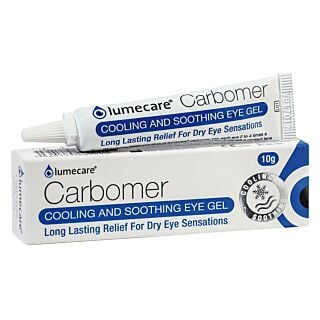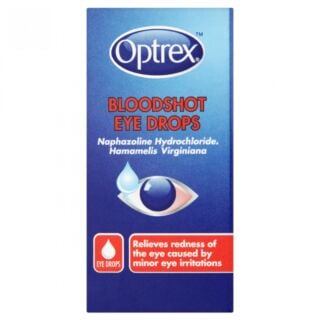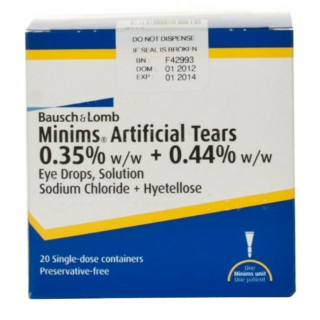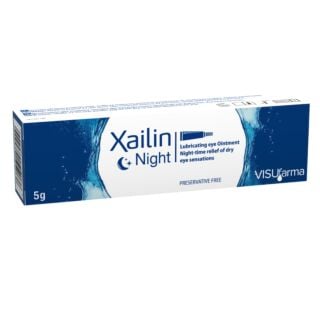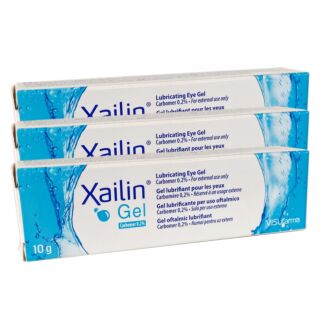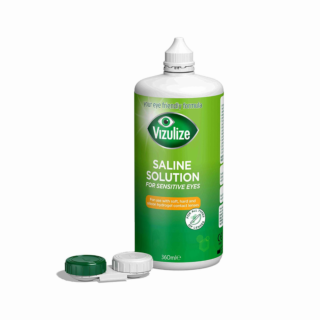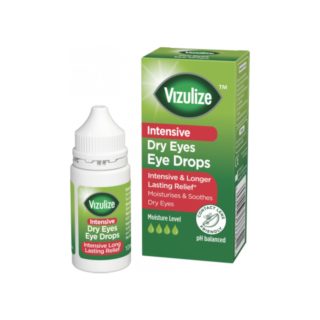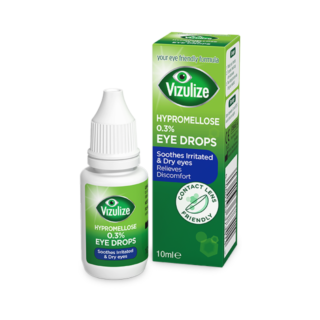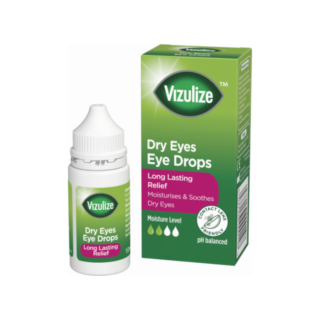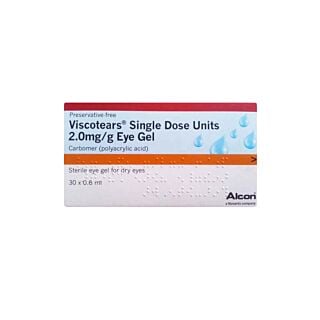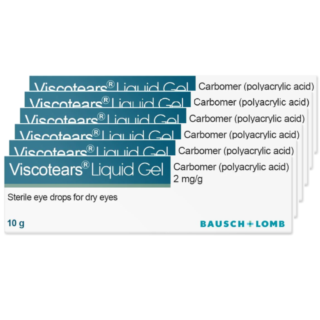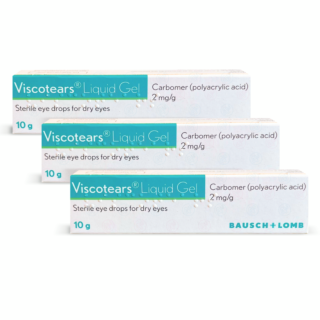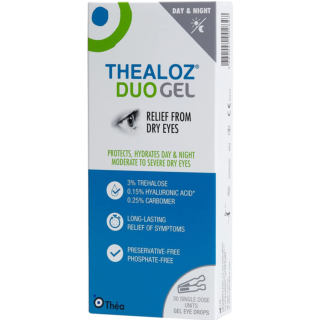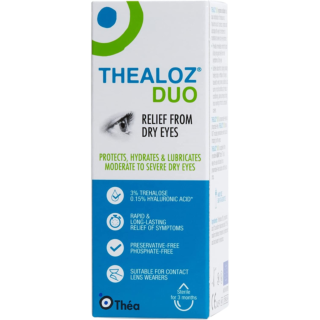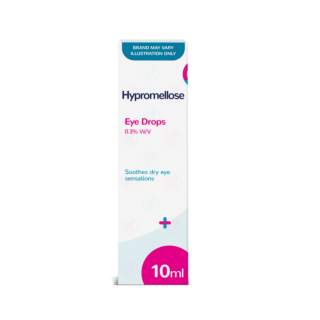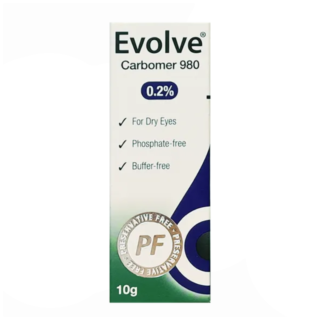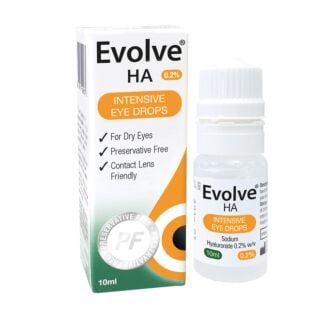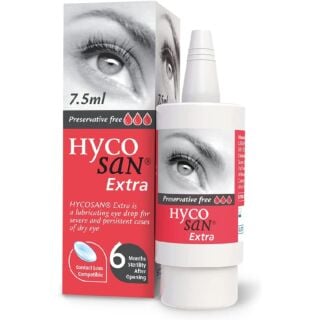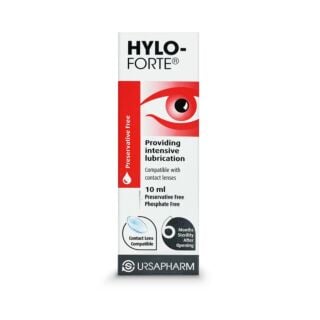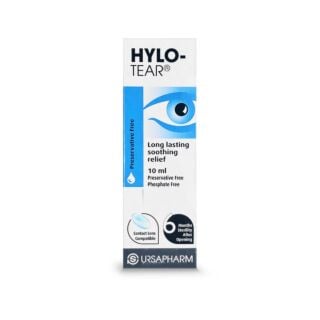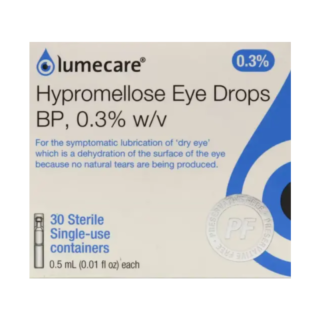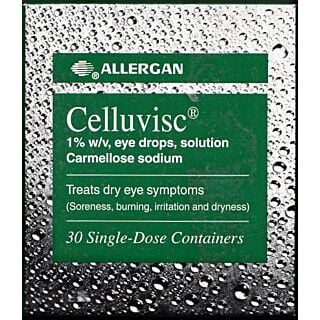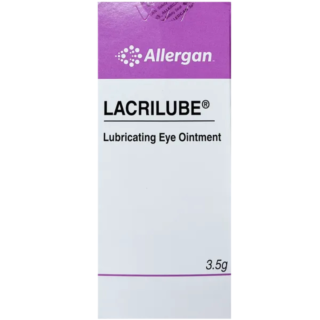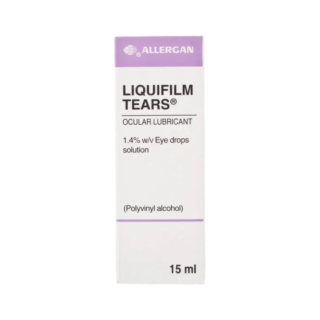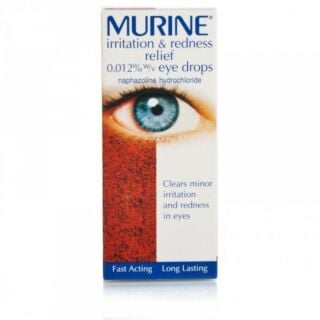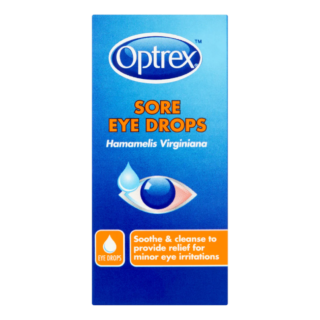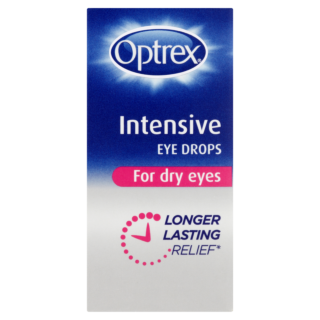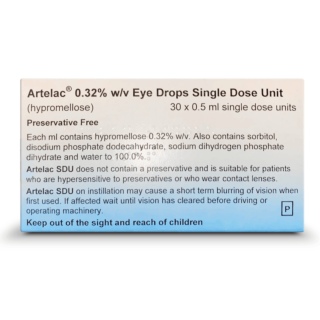Dry Eye

Free delivery when you spend over £30

100% discreet delivery for every item ordered

Fully regulated UK pharmacy
Can dry eyes cause blindness?
Dry eyes typically aren’t something to worry about, and can only cause blindness in the severest of cases if they haven’t been treated.
If you have a lack of tears and moisture in your eyes, they aren’t protected against infections, which can damage the surface of your eyes.
If this goes untreated, dry eyes can lead to things like inflammation, corneal ulcers, and very occasionally, vision loss.
What eye drops are best for dry eyes?
Dry eyes are a common problem, but whatever the cause, from allergies to eye strain, it can be very uncomfortable to just get through the day.
You can get over the counter eye drops which help to moisturise the eye by containing humectants, lubricants and electrolytes.
It might be a good idea to try Optrex Double Action eye drops if you’ve got dry or tired eyes - you could also try a gel formula if you’d prefer, like Liquivisc.
What causes dry eyes?
There are lots of different reasons why you might be suffering from dry eyes - although they might be irritating, they’re usually nothing to be concerned about.
You’ll be more likely to develop dry eyes if you’re over 50, wear contact lenses, spend a long time looking at screens, if you spend time in air-conditioned or windy, cold dry and dusty environments; take certain medicines, and smoke or drink excessively.

